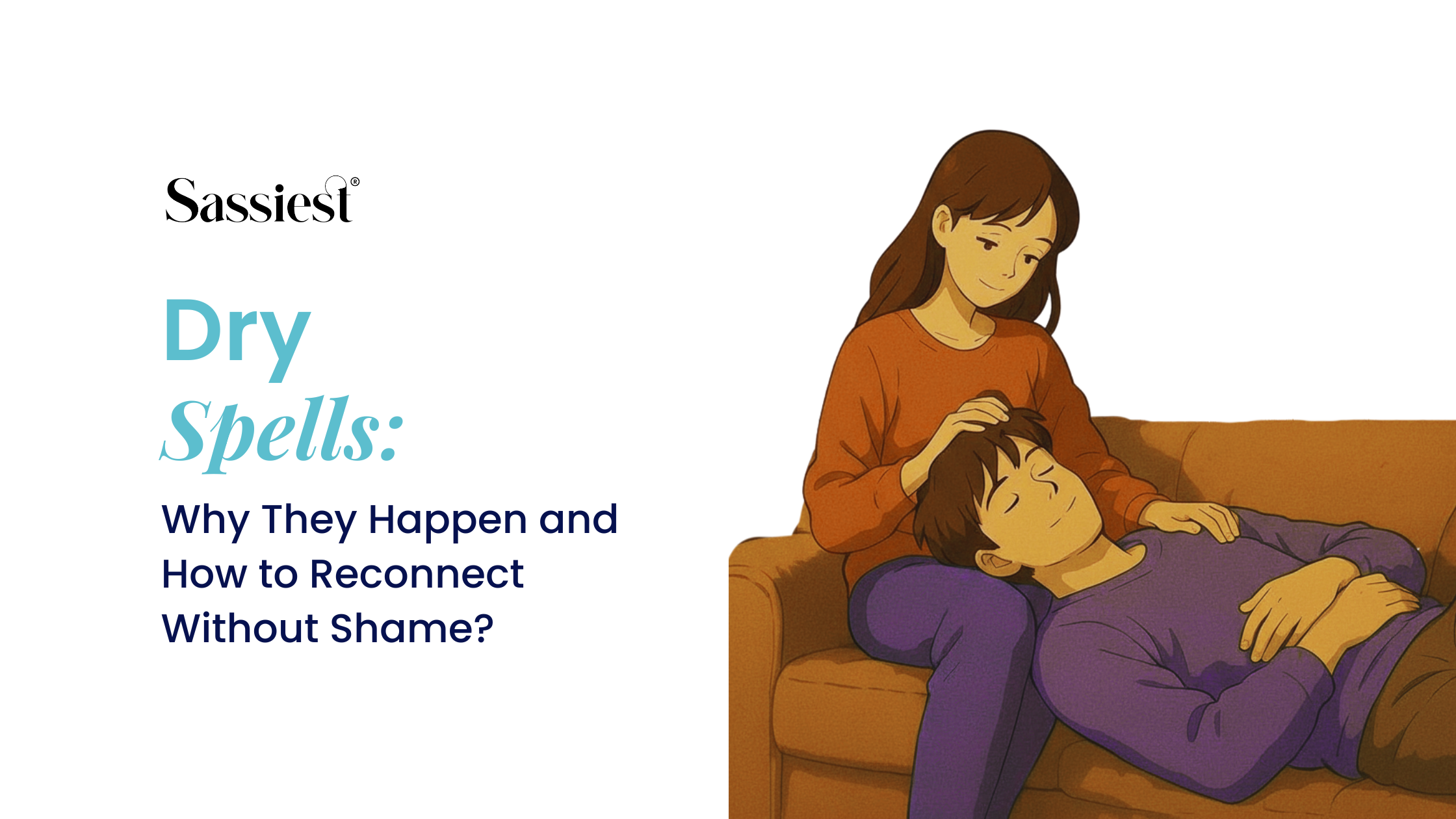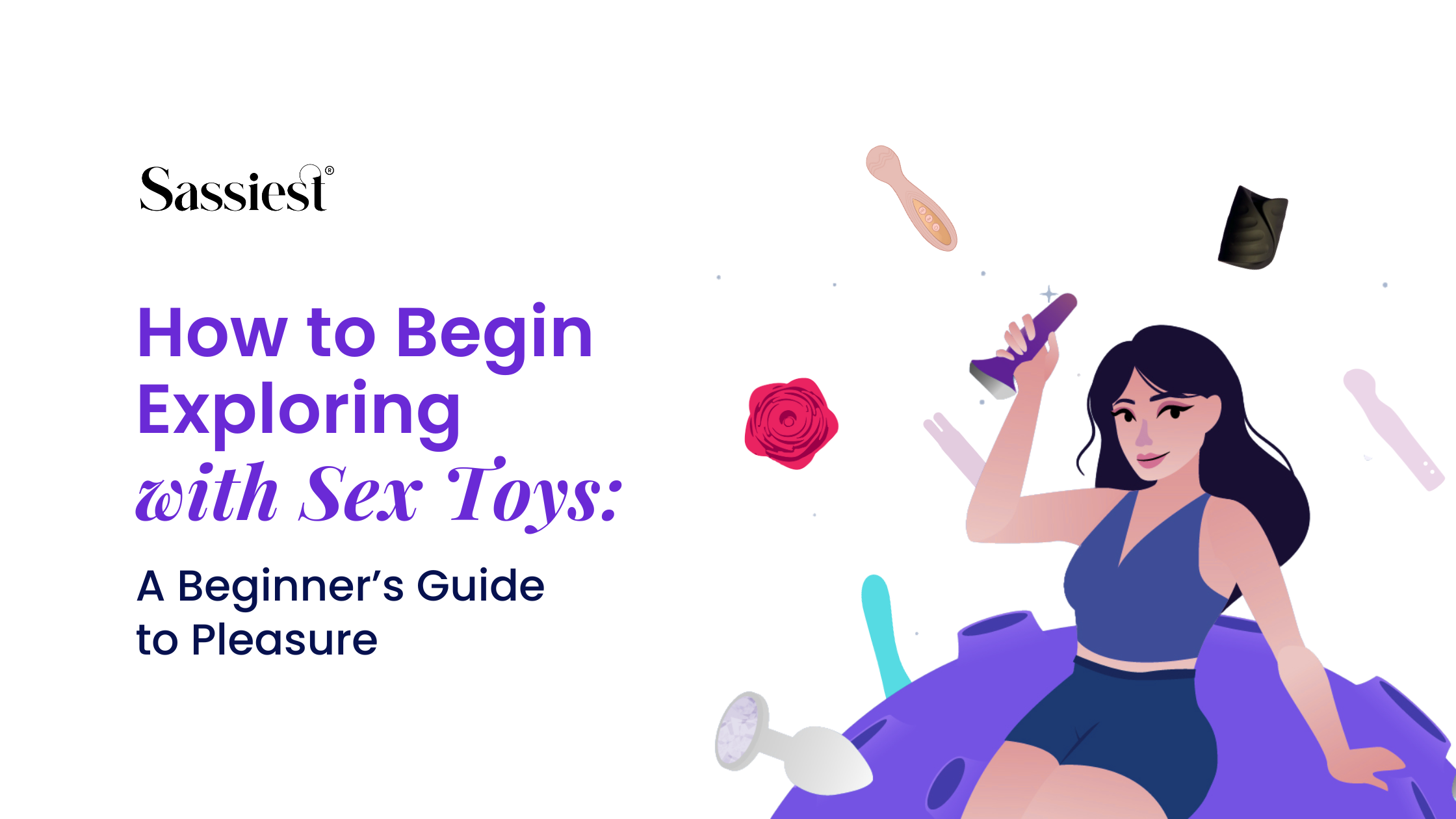A kiss can be sweet, sloppy, electric, or awkward. It can make your stomach flip or make you wonder why you even bothered. But no matter the style or outcome, kissing is one of the most powerful forms of intimacy we share. It is more than just lips meeting lips. Behind every kiss is a cocktail of chemistry, biology, and psychology that explains why this simple act feels so good and carries so much meaning.
The Chemistry of a Kiss
When you kiss someone you are attracted to, your brain lights up like fireworks. Dopamine surges, making you feel euphoric. Oxytocin, also known as the bonding hormone, is released, deepening your sense of connection. Endorphins join in, creating that warm, blissful feeling that can linger long after the kiss ends.
 But kissing isn’t just about pleasure. It is also about assessment. Through saliva, we unconsciously exchange information about our partner’s health, genetics, and even immune system. Scientists believe this is one way our bodies test compatibility. That “spark” you feel in a kiss might be biology quietly giving a thumbs-up.
But kissing isn’t just about pleasure. It is also about assessment. Through saliva, we unconsciously exchange information about our partner’s health, genetics, and even immune system. Scientists believe this is one way our bodies test compatibility. That “spark” you feel in a kiss might be biology quietly giving a thumbs-up.
The Power of Touch and Nerves
Your lips and tongue are packed with sensitive nerve endings, which is why kissing can feel so intense. In fact, the lips are one of the most sensitive areas of the human body.
That heightened sensitivity, combined with the emotional charge of intimacy, makes kissing an almost overwhelming experience at times. No wonder a kiss can feel more intimate than sex itself.
Cultural Takes on Kissing
While kissing feels natural to many of us, it is not universal. In some cultures, kissing on the lips is rare or even nonexistent. Instead, people show affection in other ways, like rubbing noses, hugging, or holding hands. On the other hand, in many Western cultures, kissing is seen as a romantic milestone, from the first kiss in high school to the dramatic kiss at the end of every movie love story.

Even within cultures, kissing styles vary. Some prefer long, lingering kisses. Others love playful pecks. And then there are the infamous “bad kisses” we laugh about later, the ones with too much tongue, no rhythm, or unfortunate teeth clashes. The diversity of kissing shows that while the act itself is universal in some places, how we do it and what it means is deeply personal.
Why Kissing Strengthens Relationships
Kissing is more than foreplay. It is a glue that helps hold relationships together. Regular kissing boosts relationship satisfaction by reinforcing intimacy outside of sex. It is a way of saying “I want you” without words. Studies show that couples who kiss more often tend to report happier relationships. It’s the little spark that keeps the fire alive.
And let’s not forget the stress relief factor. A good kiss lowers cortisol levels, calms the nervous system, and makes you feel more grounded. In other words, kissing can be a mini therapy session that requires no co-pay.
The Memorable Kiss Factor
Think about your own kissing history. Chances are, you can vividly remember your first kiss, whether it was magical, messy, or somewhere in between. That’s because kissing is wired into our brains as significant. The emotional intensity and physical sensations combine to create memories that stick.

Kissing may seem simple, but it is layered with meaning. It fuels attraction, tests compatibility, strengthens bonds, and relieves stress. A kiss can say “hello,” “I missed you,” or “I want you,” all without a single word.
So the next time you lean in for one, remember that you’re not just sharing a moment. You’re engaging in one of the oldest, most powerful human rituals of connection.





